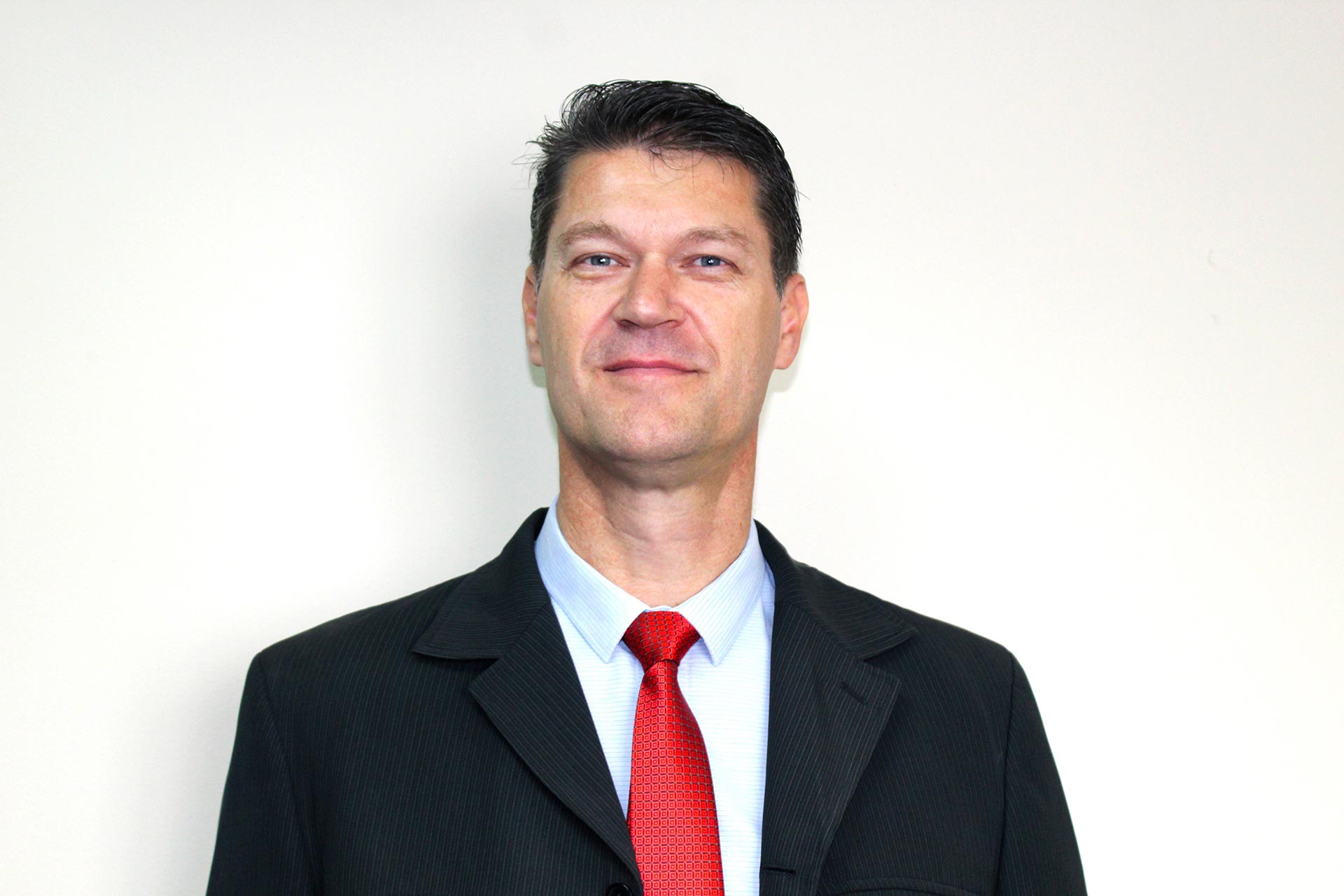Employee health the backbone of functional teams
June 25, 2021
Josua Joubert, CEO and principal officer of CompCare Medical Scheme
Wellness structure in the workplace of the ‘new normal’
While working remotely comes with a new set of challenges, agile businesses are seizing this opportunity to increase efficiencies and reduce expenses – along with the added benefit of boosting employee wellness in many cases, it would seem.
“What started out as a temporary solution to a dramatically changed world has fast-tracked multiple industries into a more technologically advanced and flexible work environment,” says Josua Joubert, CEO and principal officer of CompCare Medical Scheme.
This may not sit well with everyone affected, however it certainly seems to be an improvement for many, as indicated in the Robert Walters 2021 Salary Survey, conducted amongst 2000 professionals in SA.
Work-life balance and wellness
The survey found that almost one third of employees (29%) working from home have enjoyed the more flexible hours afforded to them, and a further 29% feel the experience allows for an increased focus on wellbeing.
“One could easily make the argument that this response is linked to the growing needs of a society that has in recent decades become increasingly competitive, financially pressurised and starved of time. In short, a society treading an unhealthy path,” says Joubert.
While competition and financial security continue to be of major concern for most employees, the reduction in time spent travelling to and from work is opening up significant space for employees to include more healthy daily routines.
“For example, early mornings or late afternoons spent exercising rather than sitting in stressful traffic jams, and the preparation of quick fresh lunches instead of opting for less healthy meals to-go.
“The reduced spend on daily coffee, meals and snacks – not to mention rising fuel costs – may have a further positive impact on the financial wellness of employees, many of whom are feeling the pinch without the usual salary increase or, in some cases, with a salary reduction,” Joubert notes.
Most importantly for employers, 66% of professionals in the survey reported an increase in their productivity. This would reinforce the idea that a well workforce is a well-functioning one, where an improved lifestyle balance means greater work focus and better outcomes.
Making the most of medical aid wellness benefits
Supporting and strengthening employee wellness may be more easily achieved with medical scheme benefits that provide reliable cover as well as delivering personalised attention to the needs of each individual.
“A scientific fitness assessment and exercise prescription programme at no extra cost, for example, will ensure that each employee can benefit from regular interaction and monitoring with a registered biokineticist and an accredited exercise facility,” says Joubert.
“Furthermore, an exercise-from-home benefit with guidance from a biokineticist will entitle employees to an individualised programme. This would be particularly helpful for those who do not necessarily go to gym but who take part in outdoor activities, such as running and cycling.
“And perhaps now more than ever it is important to offer meaningful support to employees wishing to strengthen their immune systems, whether this means improving nutritional intake or getting into better shape. A nutritional assessment and healthy eating plan in consultation with a registered dietitian will go a long way to supporting employees wherever they may be on their wellness journey.”
Staying connected
Foregoing human contact has without doubt been one of the greatest challenges in most recent human history and many are concerned about the impact this has on employee mental health.
While this is a very real concern, it is interesting to note that over one third (35%) of the survey respondents found that touching base regularly with their managers and teams resulted in a positive change to work style. This may indicate that some employees perform better with fewer workplace distractions while maintaining contact with colleagues, though not in person.
“Those remote-work employees who live alone or who struggle with their home situation will need access to mental health support. Providing medical aid cover that includes an unlimited psychosocial counselling helpline 24 hours a day, seven days a week, 365 days per year as well as a number of face-to-face sessions when needed, and reminding all employees that this service is available, will go a long way to bolstering a staff base in their times of need,” Joubert points out.
Coping with change
For many employers, the idea of remote work is a worrying one – 24% of employers taking part in the survey reported feeling concerned about the effects on productivity with working from home long-term. Others appreciate the difference remote work makes to overhead expenses, as well as the possibilities it opens up for hiring new talent, who may not be locally based.
“Working from home may not be the ideal solution for all and it is now a time for striking the balance between addressing employee expectations and what makes actual business sense. Whatever the case, providing access to excellent medical scheme wellness benefits for employees should not be overlooked. By doing so you may be supplying a catalyst for important lifestyle changes as well as a real source of comfort,” concludes Joubert.













